Where Do Your Seeds Come From?
Lynda Waldrep
16 years ago
Related Stories
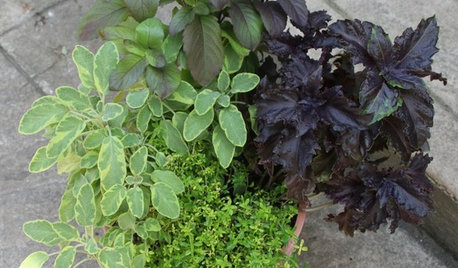
CONTAINER GARDENS8 Easy Container Plants to Grow From Seed
Get beautiful blooms and herbs in summer by starting these choice garden picks from seed in spring
Full Story
GARDENING GUIDESHow to Plant a New Lawn From Seed
Choose from more grass varieties and save money over sod by starting your lawn from seed
Full Story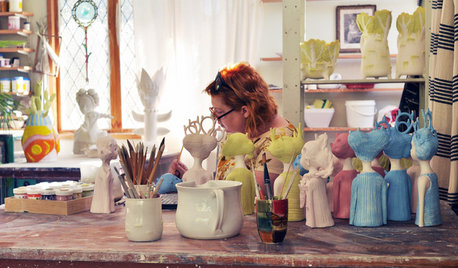
STUDIOS AND WORKSHOPSStudio Tour: A Sunny Space Where Ceramic Creations Come to Life
Tour a dynamic and organized Brisbane, Australia, home studio
Full Story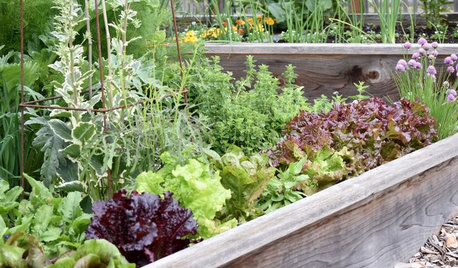
GARDENING GUIDESSeeds or Seedlings? How to Get Your Garden Started
Growing delicious herbs and vegetables starts with knowing your goals and when you want to plant
Full Story
ECLECTIC HOMESHouzz Tour: A Toronto Home Comes Back From the Brink
Not even squatters deterred an interior designer from turning an abandoned 4-bedroom into a chic, unique home
Full Story
LIFEReading in Bed Comes Out From Under the Covers
No more sneaking a flashlight beneath the sheets. Grown-up bedtime reading deserves grown-up lighting and other bedside amenities
Full Story
FUN HOUZZDouble Take: Did That Chair Come From a Ski Lift?
Clever homeowners find ways to repurpose chairlift seats indoors and out
Full Story
HOUZZ TVHouzz TV: First Comes Love, Then Comes a Wildly Colorful Mosaic Home
This couple spent two decades covering their home inside and out with brightly colored mosaic tile, vibrant paint, small toys and more
Full Story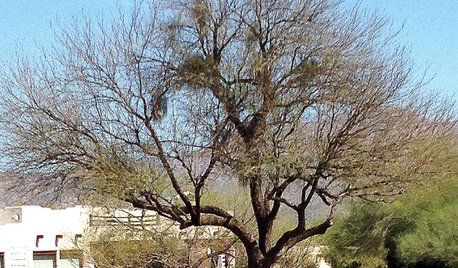
GARDENING GUIDESMistletoe Is Coming to Town
The sight of this mistletoe may not always bring about festive feelings, but for U.S. Southwest gardeners, it’s not all bad
Full Story





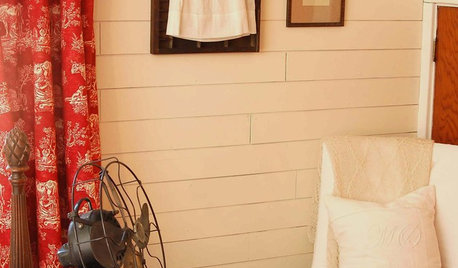
tamelask
nancyofnc
Related Professionals
Glen Ellyn Landscape Architects & Landscape Designers · Middle River Landscape Architects & Landscape Designers · Wareham Landscape Architects & Landscape Designers · West Chester Landscape Architects & Landscape Designers · Avocado Heights Landscape Contractors · Blue Springs Landscape Contractors · Desert Hot Springs Landscape Contractors · Eureka Landscape Contractors · Framingham Landscape Contractors · Lancaster Landscape Contractors · New Brighton Landscape Contractors · Shaker Heights Landscape Contractors · St. Louis Landscape Contractors · Tewksbury Landscape Contractors · Hawaiian Gardens Landscape Contractorstrianglejohn